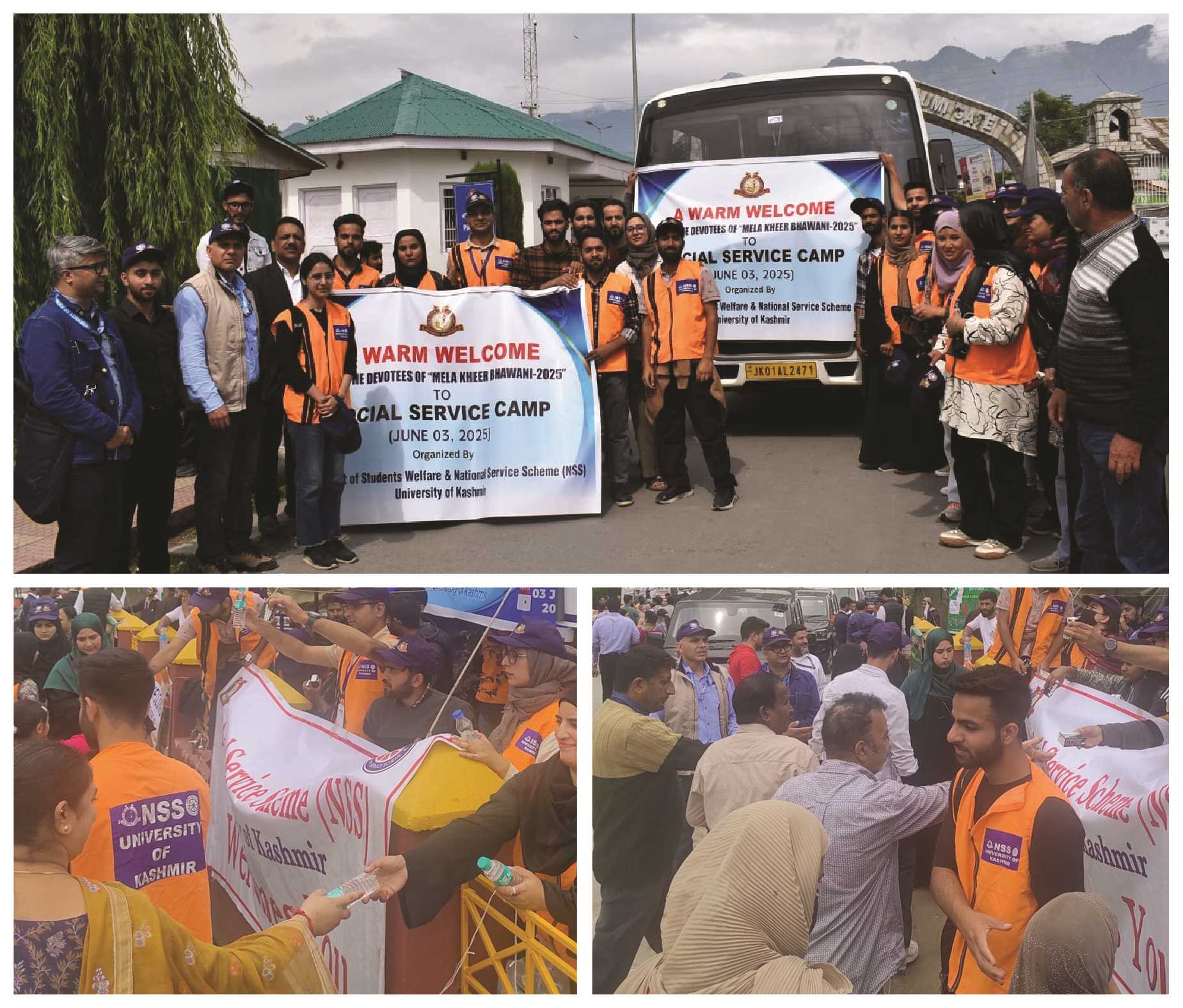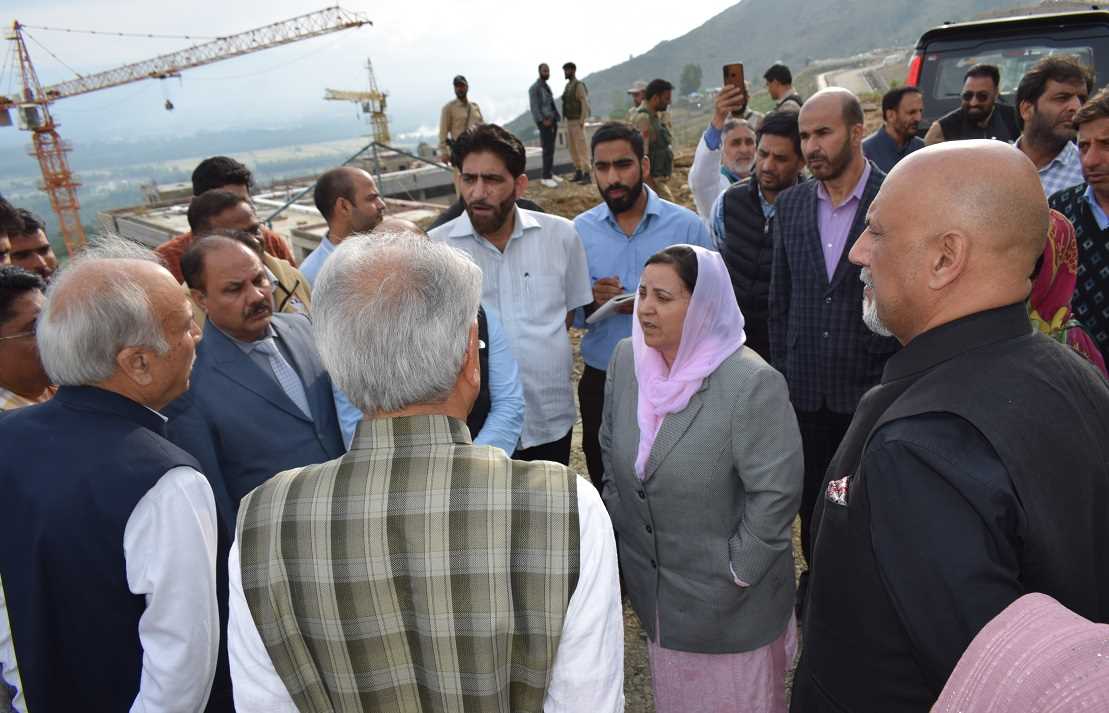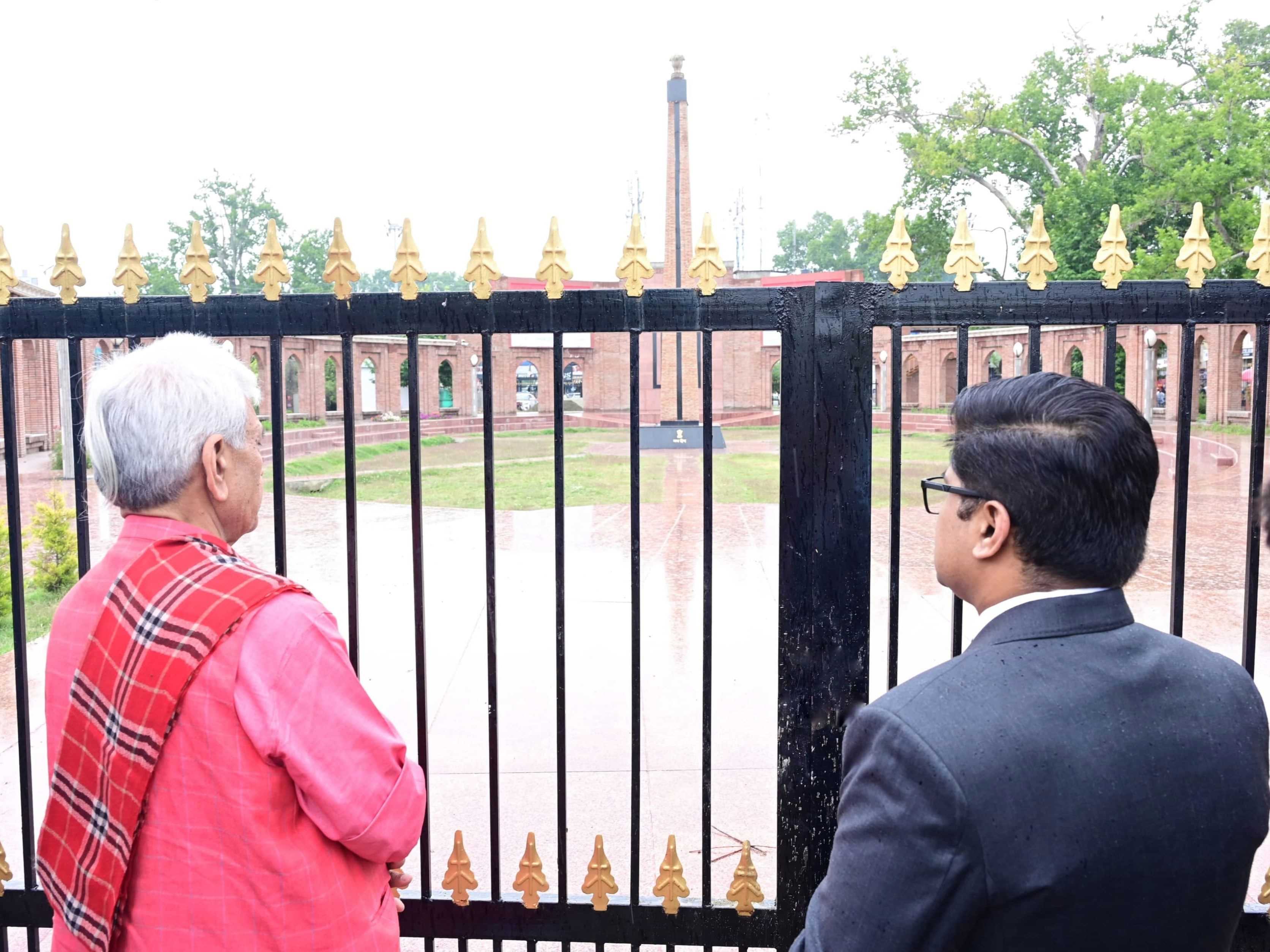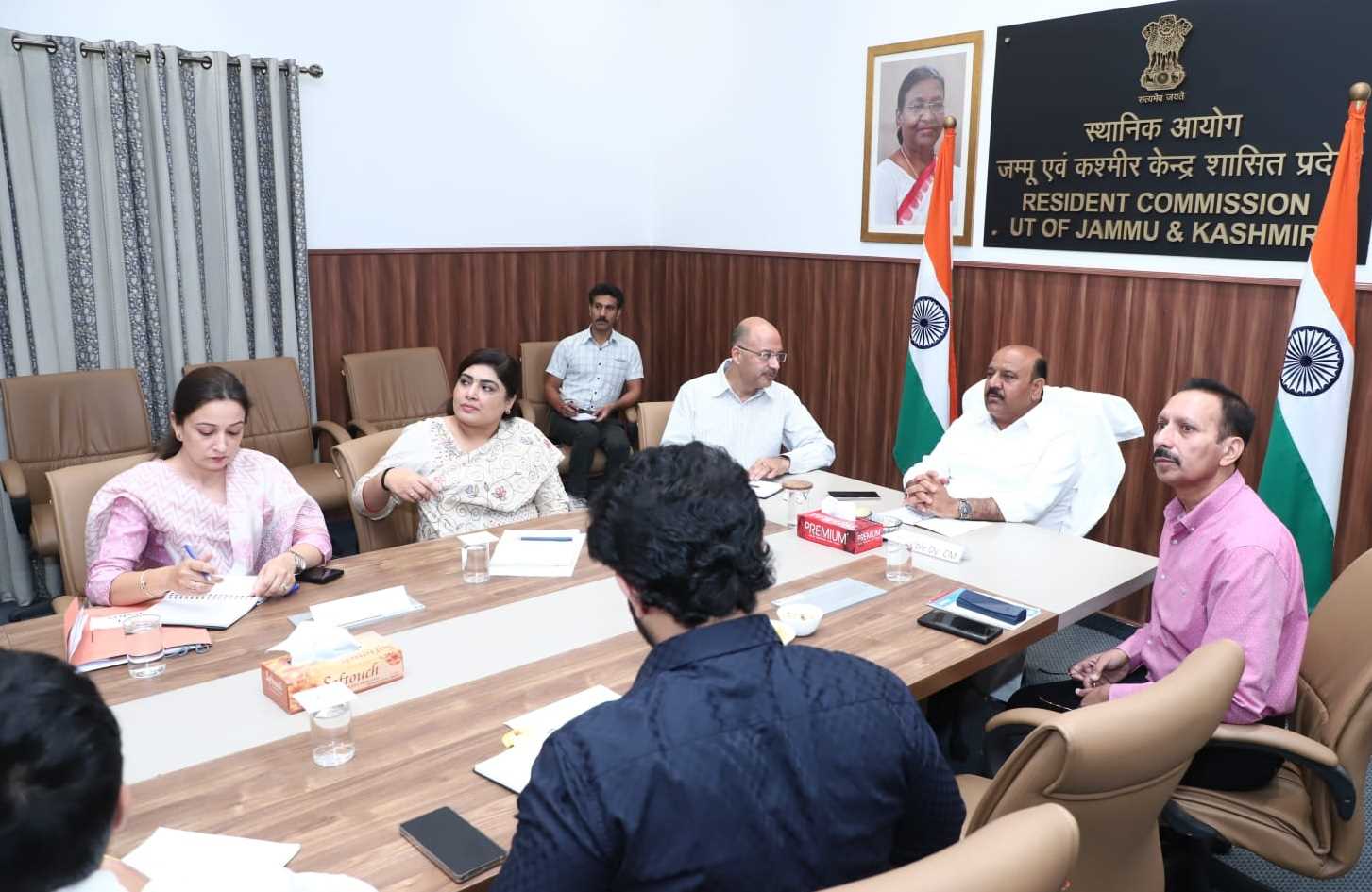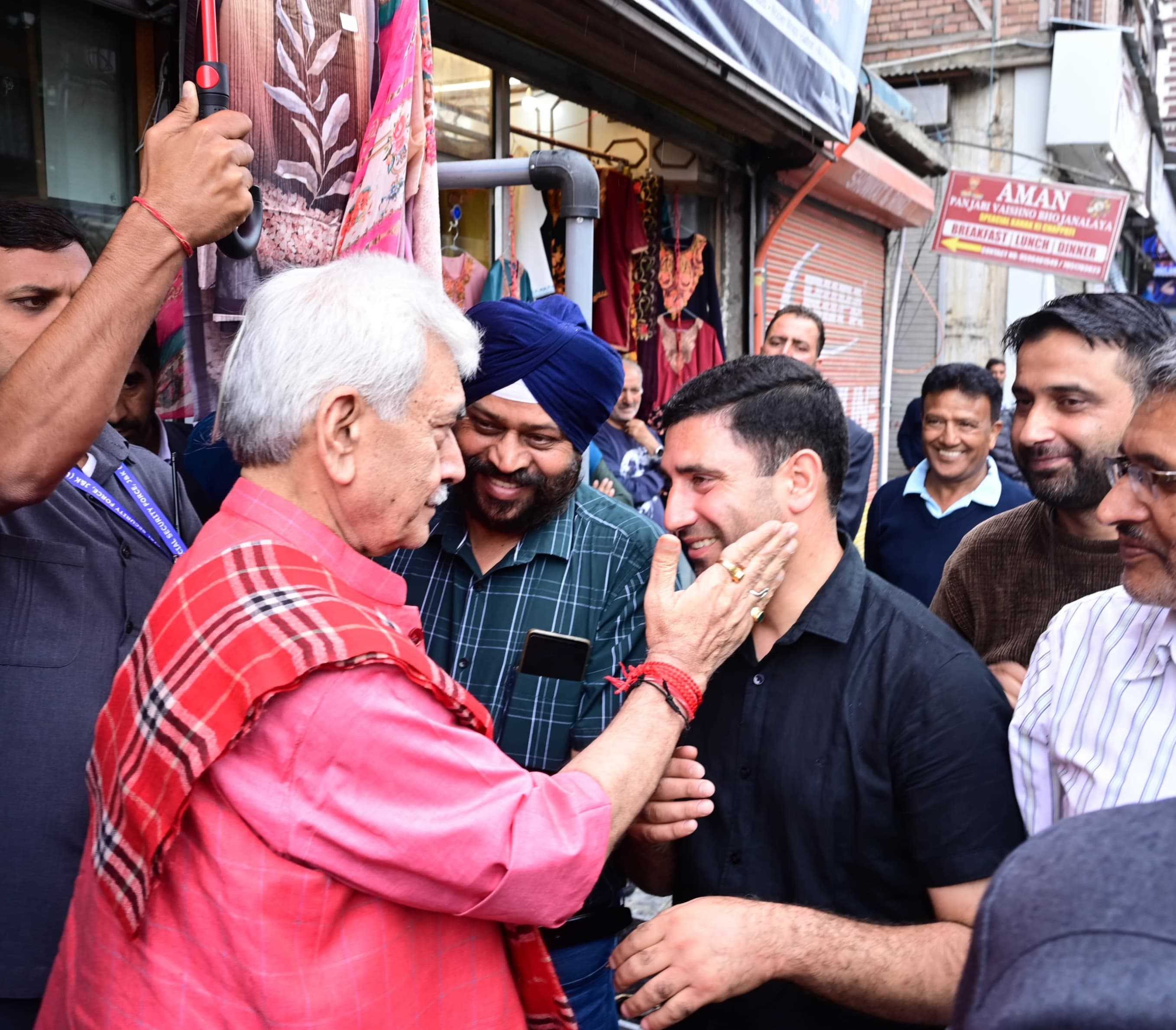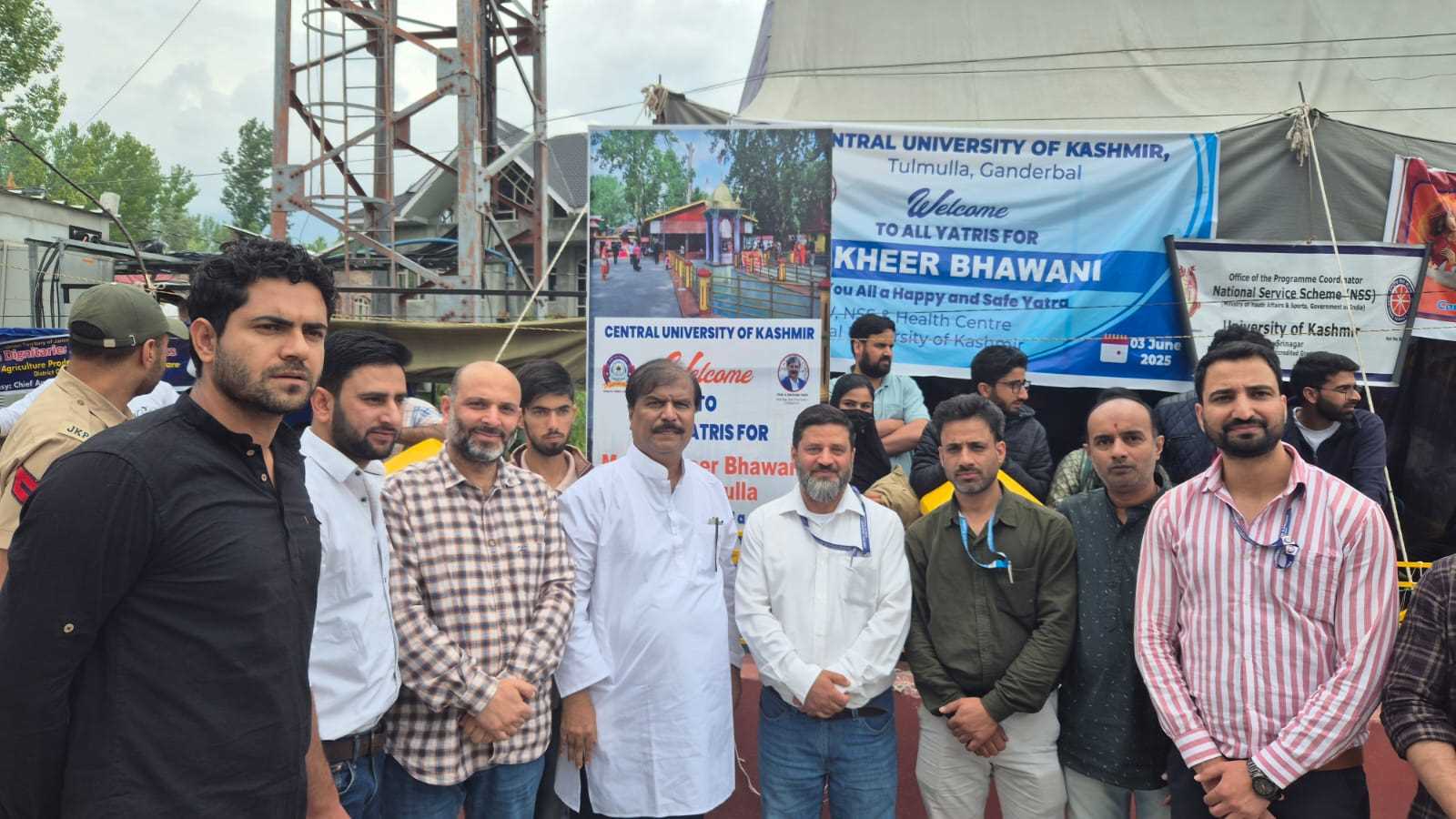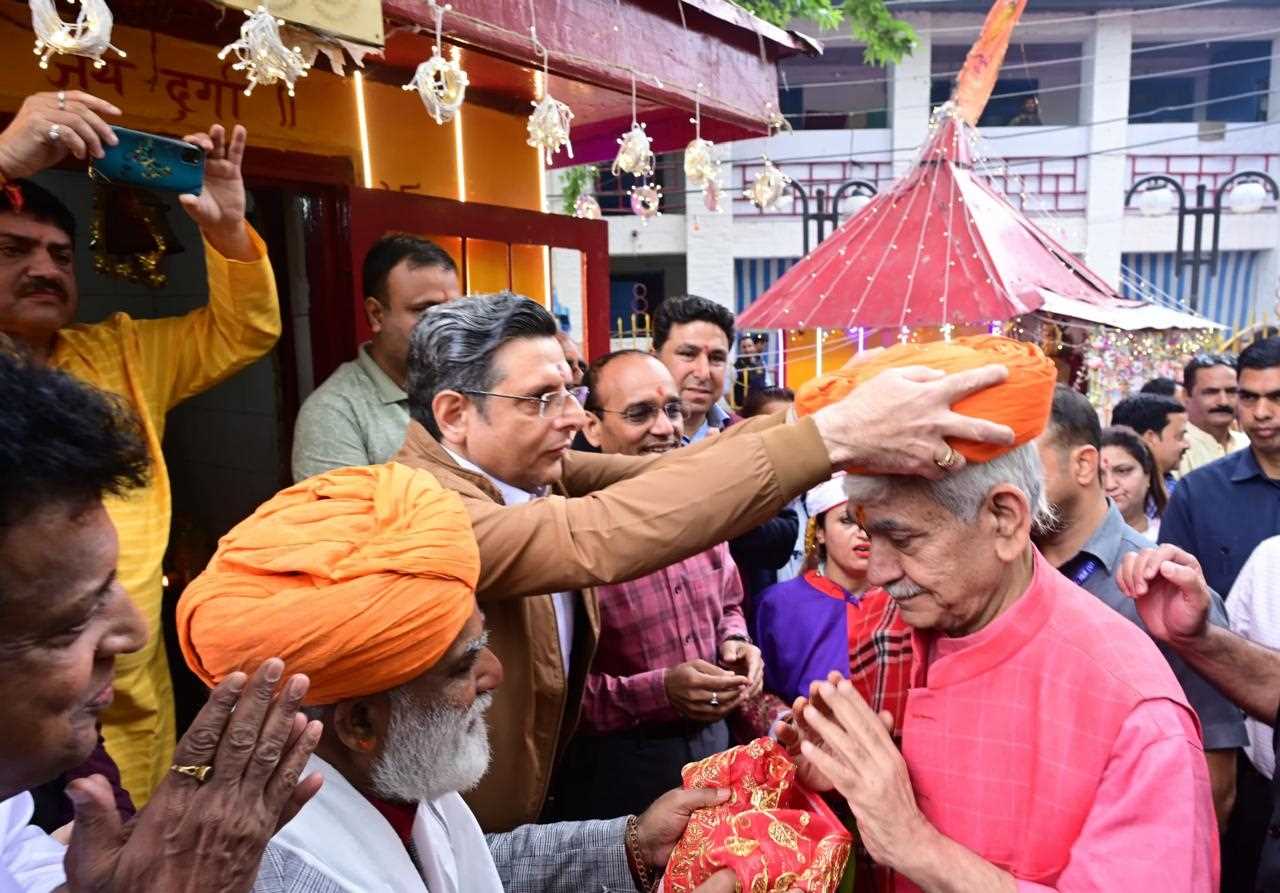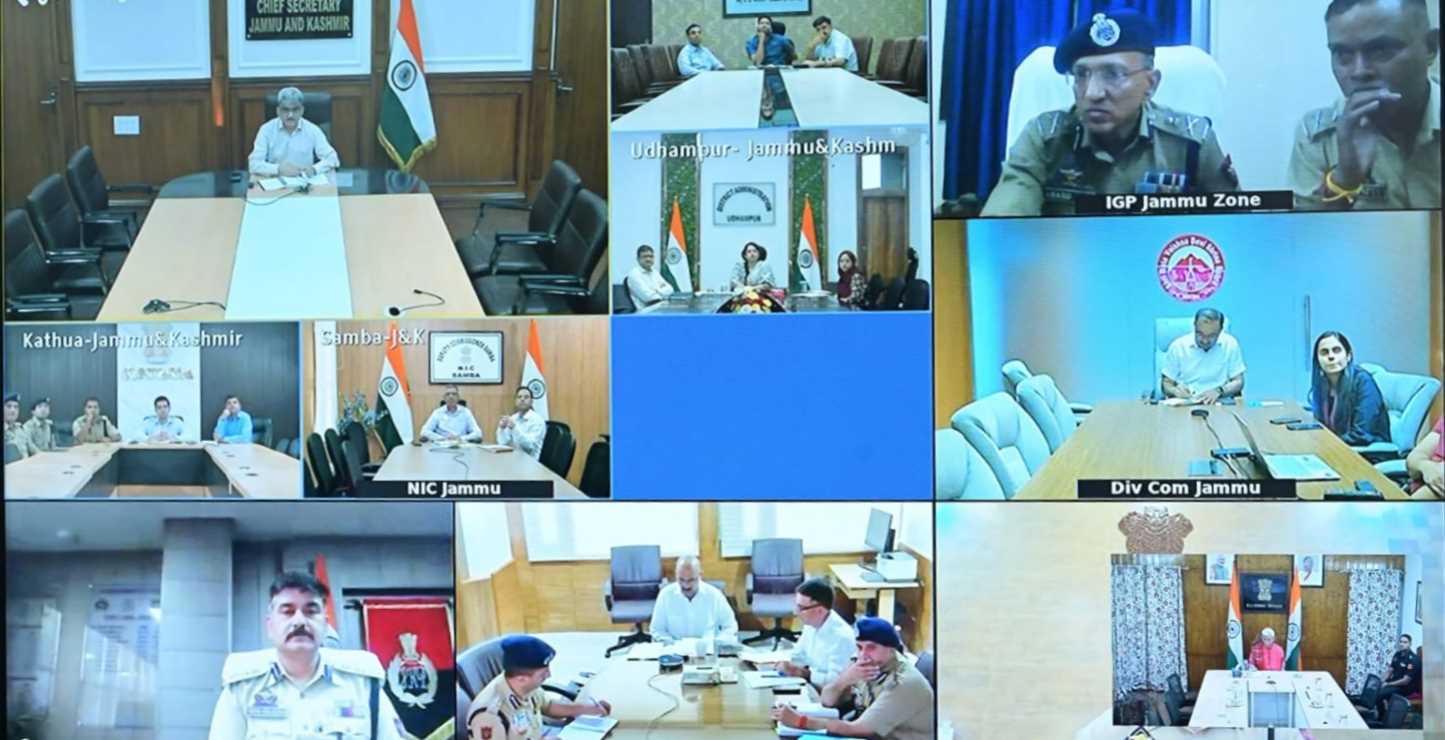Union Home Minister Amit Shah’s visit to the border district of Poonch comes at a crucial juncture for Jammu and Kashmir, reaffirming the government’s unwavering commitment to development and national security. In the aftermath of Operation Sindoor and Pakistan’s subsequent provocations, Shah’s presence in the Pir Panjal region not only signals strategic resolve but also serves as a powerful morale booster for both the civilian population and the security forces who have long borne the brunt of cross-border tensions. By choosing to visit a sensitive border area rather than addressing concerns from afar, Shah has sent a clear message: the Union Government stands shoulder-to-shoulder with the people of Jammu and Kashmir. His assertion that the region’s development—initiated under Prime Minister Narendra Modi in 2014—will neither stop nor slow down in the face of external threats, is a timely reassurance. It counters the uncertainty that often accompanies periods of heightened conflict and shows that New Delhi views peace and progress in Jammu and Kashmir as non-negotiable national objectives. For the security forces stationed in the troubled region where terrorism has reared it’s ugly head often, Shah’s visit underscores the government’s full backing and appreciation for their sacrifices. The declaration of a “strong and decisive” response to those who seek to harm India will strengthen the morale of soldiers who operate under extremely challenging conditions. The message is unequivocal: India will not be cowed by acts of provocation, and the nation’s defenders will not stand alone. Moreover, Shah’s focus on development as a parallel priority to security is significant. It is known that under PM Modi, the government is pursuing a dual-pronged strategy: eliminating terrorism and instability while simultaneously investing in the socio-economic upliftment of J&K. This dual approach is crucial to winning hearts and minds and ensuring long-term peace. Residents of Jammu and Kashmir, particularly in trouble-prone districts like Poonch, are likely to draw hope from these reassurances, interpreting them as signs that their region is not forgotten but is central to our national narrative. In times of conflict, such gestures go beyond symbolism. They provide psychological strength to the people and convey the continuity of governance even in adversity. Shah’s visit, therefore, must be seen as part of a larger policy commitment—one that prioritizes the well-being and future of Jammu and Kashmir over short-term geopolitical disruptions. Shah’s presence in Poonch is a message of solidarity, strength, and sustained support. It reminds both the public and the forces that the road to peace and progress, though occasionally obstructed, remains firmly on course.


